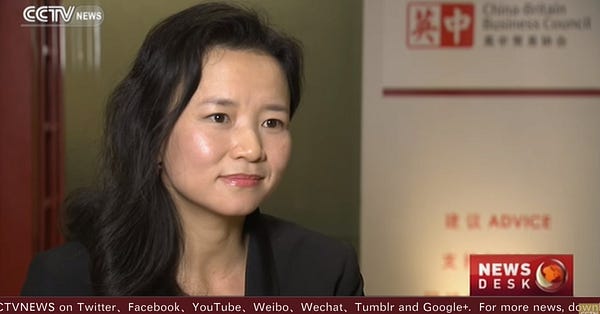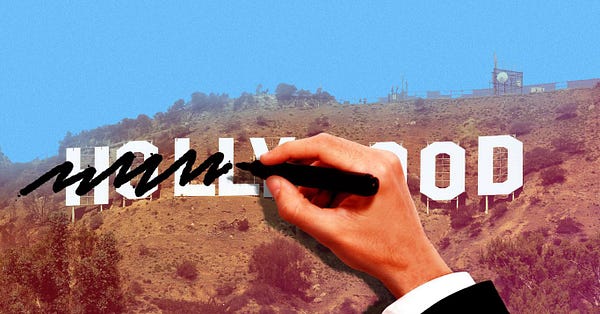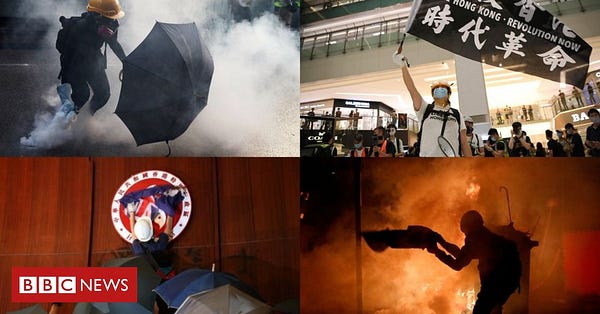

Cheng Lei has worked for Chinese state media for the past eight years, on its English-language news channel CGTN, but she made headlines of her own after the references to her work were wiped from its website. She’s being held under “residential surveillance at a designated location,” words that experts say means the Australian native is now at risk of torture during detainment.


Facebook posts where Cheng described censored coverage related to the coronavirus are a suspected factor in her disappearance, even though her CGTN job involved being favourable to Beijing. She may also have been arrested as retaliation for Australia’s growing tensions with China.
New rules clipping TikTok
Beijing has signalled that it will get involved in any approval related to the short-video app whose September 15 sale deadline for its U.S. operation looms. While the bidding process for TikTok finds Microsoft teaming up with Walmart, the suddenly tightened technology export rules complicated the details of what they both might be buying.
Will you share this newsletter for us with people that would appreciate it? It helps the newsletter grow!
The state of Hong Kong


National Geographic pointed its camera at the first summer for Hong Kong under China’s security law, which continues to meet with international condemnation. But the pro-democracy activists attempted to remember the August 31, 2019 confrontation outside a metro station with a bouquet of white flowers, which police quickly removed.
Hong Kong recently embarked on a program of free testing, but critics fear that its Chinese administrators will use it for surveillance purposes. The region has started to relax coronavirus restrictions, but ironically cancelled a fireworks display for China’s national day on October 1. (Last year’s was cancelled due to street protests.)
The week in censorship
Capital and Ideology is Thomas Piketty’s follow-up to a big book that was praised by Xi Jinping because it highlighted the economic inequality of the U.S. and Europe. Now that he’s criticizing China, the translator demanded those chapters be cut. Piketty rejected the condition, and he doesn’t expect the president to read his latest words.


Disney’s live-action version of Mulan is being seen as symbolic of how far large American studios will go to court Chinese consumers—who will see it in cinemas while it streams elsewhere on Disney+. The effort to avoid censorship in the world’s largest market has led to Hollywood censoring itself more often.
The last words, for now
The Three-Body Problem is a science fiction novel by Liu Cixin, whose three volumes depict an alternate history where the Earth is seeking an invasion from the closest star system, which results in elaborate storylines—with the backdrop of China’s Cultural Revolution. Two producers experienced in elaborate plots will oversee the TV version:


The China Letter will return next week. If you’re not subscribed yet, do it here:









